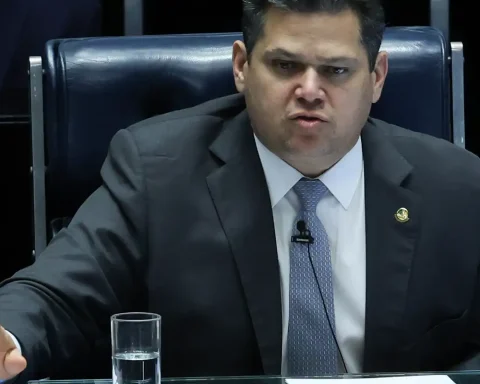The Labor Directorate (DT) issued an opinion that will allow workers with minor children to telework during the winter holidays, which the Government brought forward and extended due to the rise in the circulation of respiratory viruses and the occupation of pediatric beds.
The Ministry of Health and the Ministry of Education reported on Tuesday that the last day of the first semester for schoolchildren will be Wednesday, June 29. Meanwhile, students will return to classrooms on Monday, July 25.
You may also like:
The opinion of the DT establishes the meaning and scope of Law 21,391, which establishes a teleworking modality for the care of children and people with disabilities, in a series of cases.
The rule consists of an article and establishes that, in the event that the authority declares a state of constitutional exception for catastrophe, public calamity, or a health alert due to an epidemic or pandemic due to a contagious disease, the employer You will be obliged to offer the remote work or telecommuting modality, without this implying a reduction in your remuneration.
Teleworking may apply to the “worker who has the personal care of at least one child in the preschool stage. If both parents are workers and have the personal care of a child, either of them, at the mother’s choice, may make use of this prerogative”, points out the DT.
“To the worker who has the personal care of at least one boy or girl under the age of twelve, who is affected by said circumstances and the authority adopts measures that imply the closure of basic education establishments or prevent attendance at them”, Add the body.
“Workers who have people with a disability in their care”, complements the opinion.
At the end of the document, the Labor Department points out that, “according to the provisions of the aforementioned article 1 of Law No. 21,342, the employer must implement the teleworking modality with respect to the worker who has a minor or older adult or has been a beneficiary or beneficiary of Law No. 21,247, or who has under his care people with disabilities, without reduction of remuneration.


















